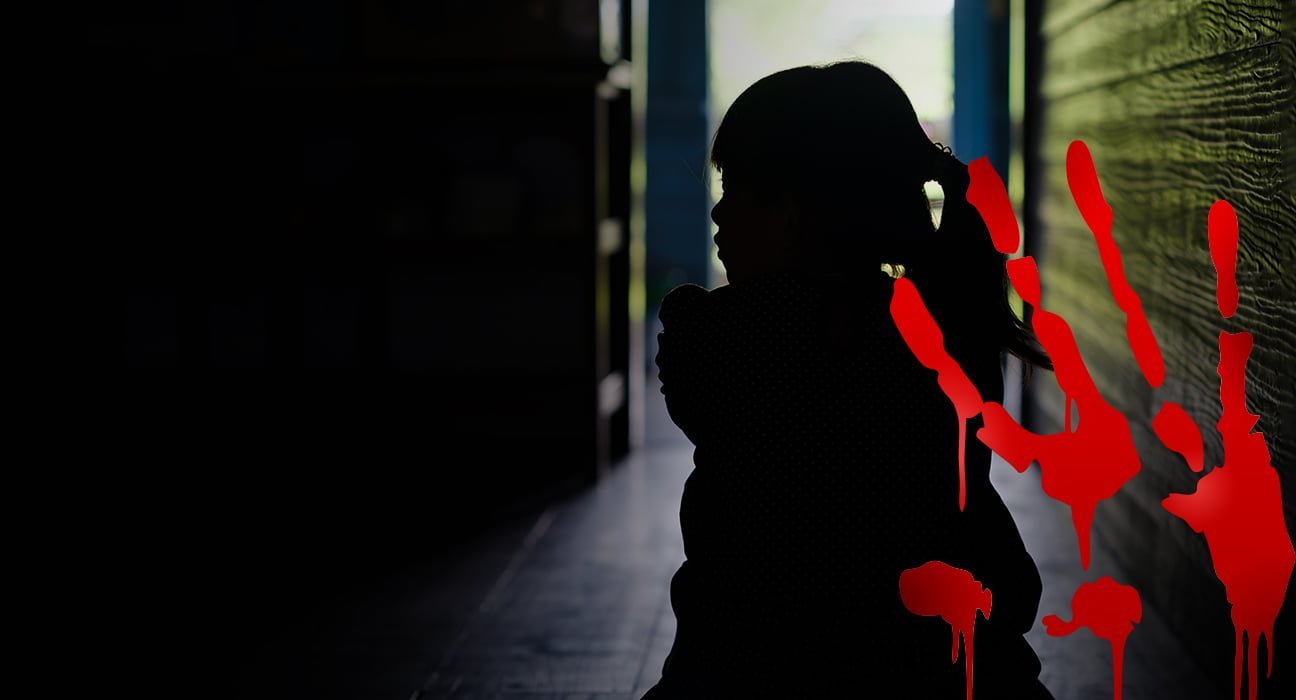The Union Law Ministry received a recommendation from the Law Commission, an executive agency of India, suggesting certain amendments of section 4 and 8 of the Protection of Children from Sexual Offences Act, 2012 (POCSO) to the Union Law Ministry by submitting a report. The existing age of 18 years should be lowered to 16 years, as advised to change the “age of consent.
Ritu Raj Awasthi, a former chief judge of the Karnataka High Court, is in charge of the commission. She suggested that authorities should not treat cases involving children between the age bracket of 16-18 years with severity under the POCSO act. The commission also recommended Changes in Juvenile Justice Act, Section 18 which address minors who are in conflict with law. In Sections 375 and 376 of IPC, this scheme accounts for any sexual intercourse by a husband, lover or any other person with a girl child.
Law Commission’s Perspective
The Commission claimed that it would make the law balance and best safeguard children. The commission stated that, on one hand, courts have observed instances where there might be no criminal intention and adolescent love cannot be controlled, thus backing their advice. On the other hand, concerns were expressed that changing the age of consent will have a negative effect, especially on “child marriages,” which India has been fighting against for years.
Additionally. it might serve as an escape from marital rape, abuse, and even trafficking. Therefore, a divergent opinion is there with respect to the consent aspect in a romantic relationship. The commission highlighted that engaging in a consensual act between the ages of 16-18 years subjected the children to mental trauma, impacting both their mental and physical health during the investigation—a social cost they had to bear. Thus, making it fall under the POCSO Act is a huge issue of concern.
Recommended Amendments
The commission has identified the following three alternatives as potential remedies:
- Before the approval of the POCSO Act, the age of consent was reduced to 16 years, a measure commonly referred to as ‘Blanket Reduction.
- We need to create a restricted expectation in case consensual sexual acts occur after the age of 16.
- The introduction of judicial discretion can decide whether to allow minors between the ages of 16 and 18 to engage in a consenting romantic relationship.
We acknowledged the drawbacks of all three recommendations and believed that they could negatively impact the protection of children, especially adolescent girls aged 16 to 18. Adults who abuse children may exploit the consent, allowing for the exploitation of the children. Additionally, it is impossible to overlook the risk that a girl child could become a victim of trafficking. Protecting children from exploitation for sexual purposes. It wasn’t appropriate to implement the changes after considering the advice and recommendations, potential adverse effects, and current child protection law.
What is the POCSO Act, of 2012?
The purpose of the Act is to safeguard minors from crimes, including sexual assault, sexual harassment, and pornography, creating a legal framework that will appropriately facilitate proceedings for special courts. The National Commission for the Protection of Child Rights (NCPCR) and the State Commissions for the Protection of Child Rights (SCPCRs) collaborate to monitor the act’s implementation. In specific circumstances, the assault becomes ‘aggravated’ when a trusted person, such as a doctor, teacher, police officer, or any other family member, commits the abuse. It also applies when the child is mentally ill. There are provisions in the act so that there is no space for re-victimizing the child. The inquiry deploys a police officer to safeguard the child. After this law, Article 12 of the constitution and the Goa Children’s Act, 2003, no longer provided protection to children.
Impact on children and adolescent
Lowering the age limit will greatly impact the ongoing fight in India against child marriage and human trafficking, causing severe effects. Additionally, it could lead to an increase in marital rape, abuse, and subjugation. Due to these life experiences, children experience trauma and Adverse Childhood Experiences (ACEs), which permanently alter their lives. Diluting the age will violate POCSO’s goal of protecting children, especially adolescent girls between the ages of 16 and 18, which implies depriving a sizable segment of the population. How vulnerable a child’s age group is evident through the classic examples of an increase in cyber-crimes such as sextortion.
There is a need to make age-appropriate sex education as a mandatory part of the school education curriculum. Also spreading awareness regarding child abuse, sexual and reproductive health, and the POSCO act.













Leave feedback about this